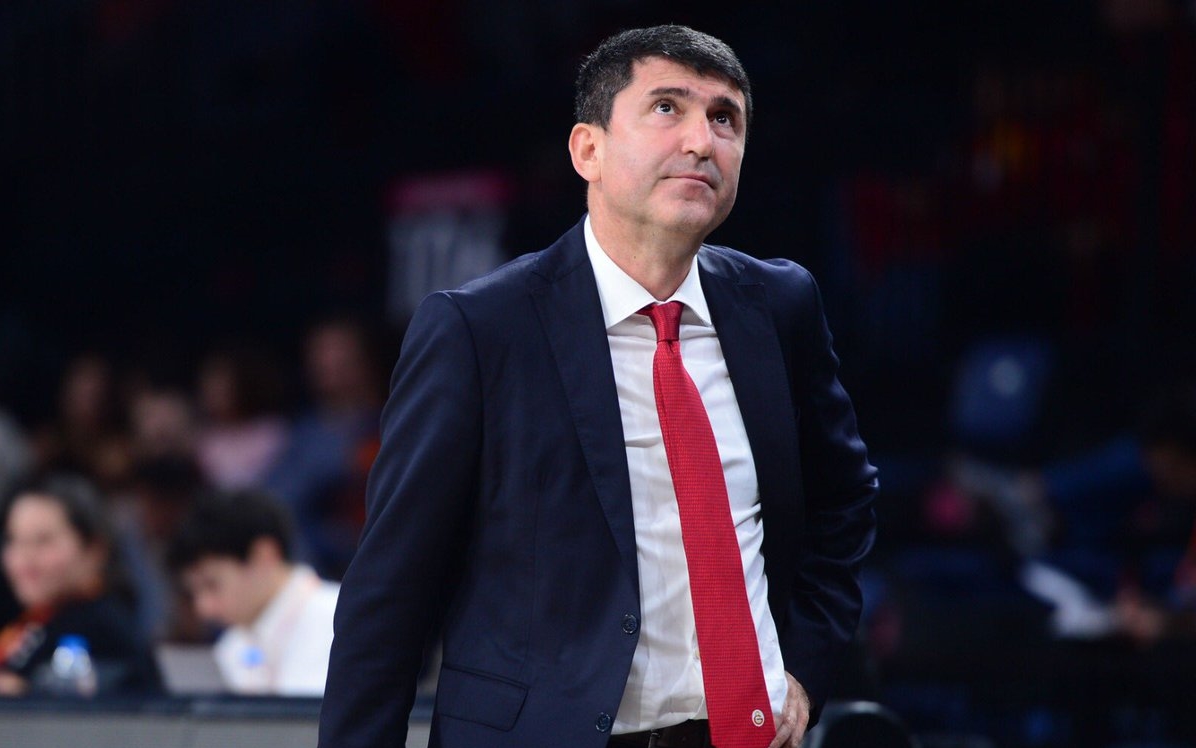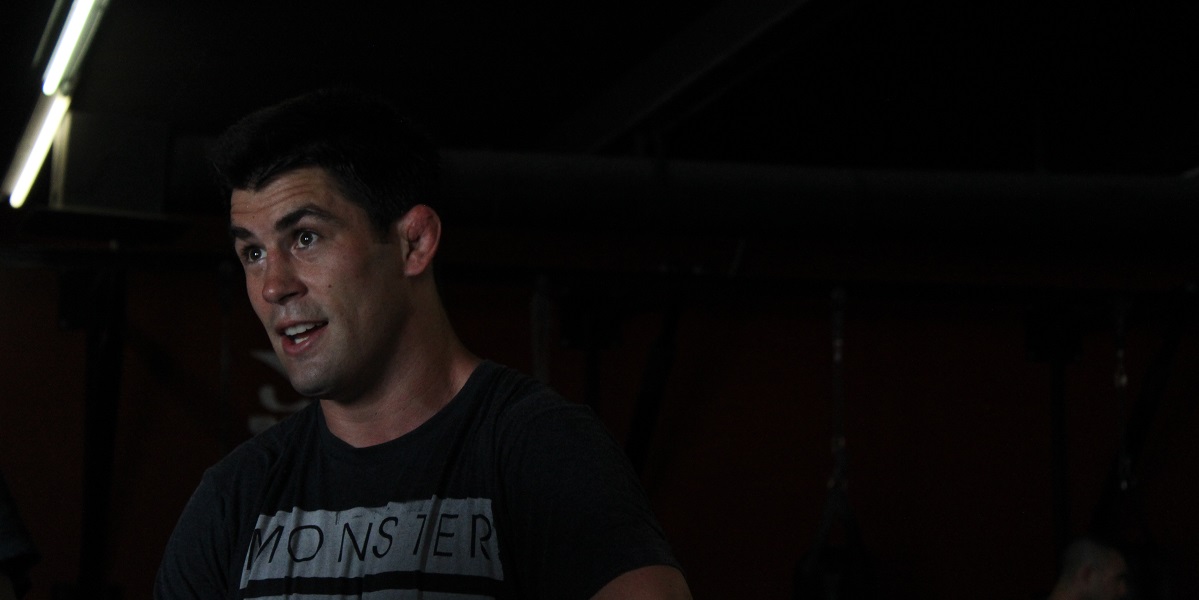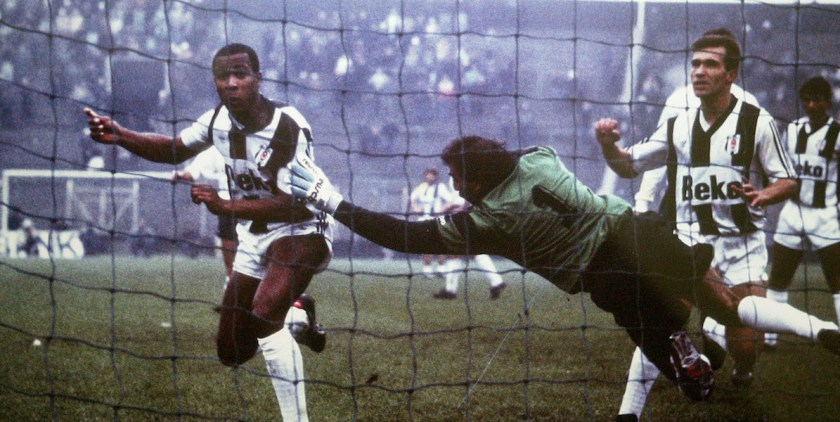*Interview by Caner Eler – Inan Ozdemir.
*Published in June 2015 issue.
“I want to win. I am aiming to win in Tour de France forever.” You frequently hear these sentences in any Mark Cavendish interview. The greatest sprinter of the cycling history, once again managed to not go off the tracks in his second Tour of Turkey and won stages ahead of cyclists like Andre Greipel and Caleb Ewan. Afterwards, he used that most favorite word of his. This time there was no TV screen intercepting us, this time ‘Cav’ was right there.
We talked with the British sprinter in Istanbul, at a really weird moment of a really weird day: He couldn’t win the 8th stage, caused a stir in the news with his attitude over the platform, and became the voice of the opposition for those in search of a leader against the President Recep Tayyip Erdoğan. He was the main discussion on social media, even hours after the race. But Cavendish, who went back to his hotel through all this chaos, did not want to say anything about the events in the platform. His principle during his career starting from the Isle of Man and reaching to the top in Champs-Elysees, was to win and to win only. When we were about to finish this interview he said: “See you next year.” How about that, wouldn’t you like to watch Cavendish forever?
Your frank position in the peloton makes it easier to criticize and make bold statements about races. What’s the difference here in Turkey?
I wouldn’t call it criticizing. I just say what comes to my mind. I think, what matters is highlighting this tour instead of running the other ones down. This one is truly one of the most precious organizations of the calendar. Earlier this year, we even had a chat with Tom Boonen on that matter. He was injured before the Spring Classics and trying to recover as fast as possible so I recommended him the Tour of Turkey and told him about the relaxing atmosphere in the race. That’s why we came here together.
You were hardly challenged here, but right now you are up against some strong contenders in the peloton. What are your opinions about cyclists like Marcel Kittel and Alexander Kristoff?
When you think of it, there is not much of a difference between me and Alexander Kristoff; we are from similar generations but yes, we can consider Kittel to be from a younger generation. These battles and rivalries are always in favor of cycling. That’s why I don’t mind it much. I’m still the best at what I do and I still have the best team and sprint trains. Yes, last year in Tour de France the dice were loaded against me but who I am up against is usually not much of an issue. I don’t really mind the opponents. Whether I can win or not is what matters in the end.
Now that you mention bad luck, in 2014 Tour de France, which began in Britain, you had an accident at the end of the stage near your mother’s hometown, Harrogate. What would you like to say about that day?
Without a doubt, it was one of the biggest disappointments of my career.

Is it difficult to form a well-working sprint train for cycling teams? Did you manage to do this in Etixx-Quick Step?
No, I wouldn’t say difficult but it demands time and effort. You have to gain each other’s confidence as teammates and get in the habit of working as a team. And of course you have to race. It is meaningless to train all the time and stay away from races. You have to race and go through those last kilometers together as a team. I think, here in Etixx-Quick Step, we managed to form that optimal sprint train. Everything fell into its place and I can say that we are on the right track now.
Over the years, you raced for teams like HTC-Columbia and Team Sky and Etixx-Quick Step. Are there significant differences between these teams?
What I care most about is being surrounded by good people. Over the years, you have to spend most of the time with your teammates and if you’re not enjoying your time together, life becomes dry. I raced for many different teams in my career and became more than just a teammate for many people throughout all those years. Including Renshaw…
In L’equipe’s survey, you were named as “the best sprinter of all time” by the Tour de France’s general director Christian Proudhomme. What does it mean to you? Do you share the same opinion?
Of course I do. And it’s very pleasing to be considered such a thing by the people who are so relative to cycling and fully appreciate the history of this sport.
We know that you show a good deal of interest in the history of this sport. A couple of years ago, you made an interview with the road sprinter from 60’s, Andre Darrigade. Did you have cycling heroes when you were growing up?
I did not, unfortunately. It is true that I am into the history of this sport but I never wanted to be the heir of some cycling star. I never took anyone as an example when I was young. I just wanted to be myself, make my own way…

Cycling is one of the sports that gains popularity in Great Britain by each year. What are the reasons behind this? As an important part of it, how would you like to describe this ‘revolution’?
Actually, to speak specifically for Great Britain, this interest has not happened just in cycling but in many other sports as well. Though cycling has a very special place among them. Behind this success, there are systematic approach and proper planning. But we can’t simply narrow this interest down to only road cycling. Yes, bicycles are getting much more important part of daily life in Great Britain and each day, we see more and more people taking their bikes to work. Families get together in weekends and ride their bikes in parks. Through their involvement with bicycles, people start to realize the meaning of being a professional cyclist. And this interest that we speak of, when combined with the correct infrastructure, forms into the evolution we have been witnessing in recent years.
Would you ever consider going back to doing track cycling in one point of your career?
Once, it was fun for me to be on the track. But right now, I make my living on road cycling. Being on the track is nice when you can have both at the same time. However, it would be nonsense for me to quit road cycling to do the other.
Some people say that you are getting close to retirement. It’s also a fact that your younger opponents are becoming bigger threats day by day. Are you considering retirement?
I will keep doing this job as long as I am still winning. I’m still hungry for victory, I still want to win all. So far, I had a good life and quitting is not an option as long I am winning.
WHAT’S LEFT TO WIN?
What’s left to win for such person with a career full of records? Up until now Cavendish has won a total of 25 stages in Tour de France and the title in 2011 Road World Championship. He was the winner of numerous semi-classics in Belgium plus the Milan-San Remo race in 2009, which is regarded as one of the most prestigious classics of the calendar. Is there any other race he would like to win?
“Until today, I achieved almost everything I wanted. Though it would be nice to be the World Champion once again. It maybe that this year’s tracks do not suit me well but I might have more luck in next year’s event. In addition to that, I would also like to win several stages in Tour de France.”
He might be talking about just those few objectives when asked but don’t you mind him: Cavendish has a lot more in his mind. In the beginning of his career, he and his former coach Rod Ellingworth made a list of races he can win, and today, only a couple of them are left to be crossed out: Gent-Wevelgem, which the British sprinter seems as achievable, is one of those races but when we asked the other one, Cav insisted on not letting it out.

“I DON’T READ BOOKS ABOUT CYCLING, I WRITE THEM!”
Writing an autobiography is one of the most typical customs of the cycling world and Marc Cavendish is also a follower of this tradition. So far, he published two books with the assistance of his journalist friend Daniel Friebe. In his first book, “Boy Racer”, he tells what he has been through on the way to becoming a professional cyclist and his next book “At Speed”, which was published in 2013, covers his experiences as the world’s best sprinter and the sincere story of his career with its entire ups and downs. When we ask whether he’s thinking about keeping on writing his experiences, Cavendish simply answers; “Yes, I will write another one after my retirement.”
How about the books of other cyclists? Does the British sprinter enjoy reading them as well? “No” he answers. “I can’t say I read them. I already spend all my time with cyclists. That’s why I prefer reading biographies from different fields, such as music or motorsports.”
BEING A FATHER…
In an interview that was conducted a few years ago, Cavendish’s current teammate Tom Boonen mentioned how his cycling career has changed after he started a family and became a father. He said that he wasn’t that reckless anymore during the sprints and he lost his pace a little because of thinking the family members he leaves behind. But Cav, who is happily married to Peta Todd and expecting a third child, says he disagrees with Boonen and claims that he is still as fast as he used to be:
“It is the same for everyone. Of course, regardless of what you do, your entire rhythm of life changes after having a family. You begin wanting to spend your whole time with your wife and kids but in the meantime, you also want to make them proud with your accomplishments. Because of my job, I spend most of the year away from my family, but I can also try to offer them a brighter future as a result.”
“ALL KINDS OF MUSIC…”
British musicians and British cyclist have a lot in common. You won’t be able to notice much of a difference between Liam Gallagher’s presence on the stage and Mark Cavendish’s attitude during the sprints. They are both like the literal definition of the word: ‘swagger’. So, what does Cav like to listen? Is he also a rocker like Wiggo?
“Unlike him, my taste in music is more varied. I like different bands from different genres. That is why I never get stuck on a certain genre or band.”
Despite having various tastes, the British sprinter compromises with Wiggins on their love of Oasis: he shares his admiration to some of the classics of Gallagher Brother’s on twitter, such as Don’t Look Back in Anger and The Masterplan.
Translated by: Baran Yağmurlu.



